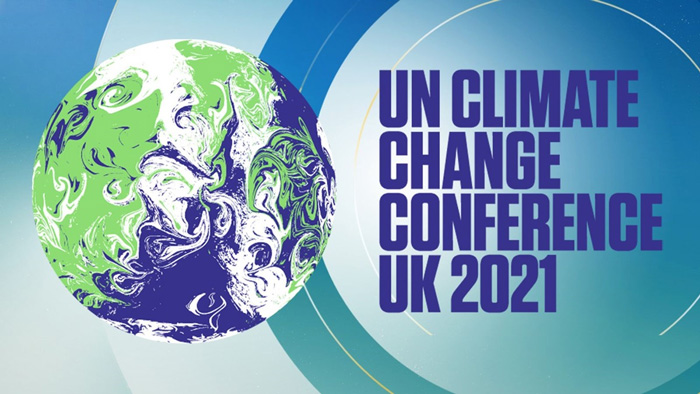Climate change and its effects have been studied and written about for at least 40 years. It is clear that human activity, especially the burning of fossil fuel, is directly responsible for climate change, which results in extreme weather events, drought, flooding, sea level rise and much more.
Both COP26 last year and the Intergovernmental Panel on Climate Change (IPCC) has quantified what needs to be accomplished: we need to reduce our Green House Gas emissions (GHG) emissions by 45% by the year 2030, and by 100% by 2050.
There is an increasing and wide-ranging discussion on climate change and what we should do about it. Below are some of my observations and thoughts. My thinking is incomplete and evolving daily.
Canadian GHG emissions have reduced very slightly since the Paris Agreement in 2015. The trend we are on will not be successful within the time frame we face.
Carbon dioxide, main GHG, lasts for decades, sometimes centuries, in the Earth’s atmosphere. This is significant in that the GHGs that we emit this year are added to those emitted in the past and will be added to by what is emitted in future years. This should encourage us to take action to reduce emissions as soon as possible rather than delaying any more.
Canadian society is heavily reliant on fossil fuels (natural gas, gasoline and diesel fuel) in our homes, vehicles, industry and commercial buildings. This needs to change… All new items in these categories need to be powered by renewable fuels, and existing items need to be converted or replaced.
The necessary adjustment to renewable energy is complicated and extensive. At the same time, it needs to be done quickly.
In his book, A Good War, Seth Klein compares the required fight against climate change with the mobilization that Canada showed during WWII. Canada took the initiative in an “all hands on deck” approach and mobilized a very large number of combatants and manufactured an astonishing number of airplanes and ships and other war material. This activity was strongly supported by Canadians at home.
The war analogy, though appropriate, doesn’t quite fit in the present climate emergency. Instead of killing, building (and destroying), and temporarily suspending many normal activities, the climate crisis calls us to deal seriously with the challenges right here at home. The benefits will accrue immediately and even more strongly into the future.
What is clear is that we need a plan, we need to cooperate, and we need to act urgently. Our efforts are so important that most other things should be looked at through a climate emergency lens. Other activities like the Olympics and professional sports, distant vacations and lavish lifestyles becoming secondary or inappropriate.
It is heartening to see some industry moving ahead with long-term targets, even without a country-wide or global plan. A good example is electric vehicles. There already is a strong demand, beyond present production capacity and battery technology is improving all the time.
Private homes need more attention. Features that conserve energy or capture renewable energy add costs to house construction. A house building code directive, already in place in B.C. and elsewhere, may be required.
It has been suggested that we already have the solutions, and we just need to act on them. There is truth in this, but it is also not completely true. For instance, a full conversion to electric vehicles and electrically powered houses would place a demand that our energy utilities would not be able to meet at present. The solution is not clear at this time.
It is expected that the increased production and use of renewable energy will involve significant employment in research, engineering, manufacturing, and construction.
A useful book for planning our actions is Saving Us, by Katherine Hayhoe, a Canadian climate scientist who is a professor at Texas Tech University. This is a very thoughtful and authoritative book.
On the long run, the cost of not acting are higher than the cost of acting.
Many of us will not live until 2050. We will not see the success of our efforts. Nevertheless, we have a responsibility to care for future generations, generations that will be affected by climate change.
Arthur Manuel, an Indigenous spokesperson and advocate has good advice for us: “Be Good Ancestors” is his advice.




